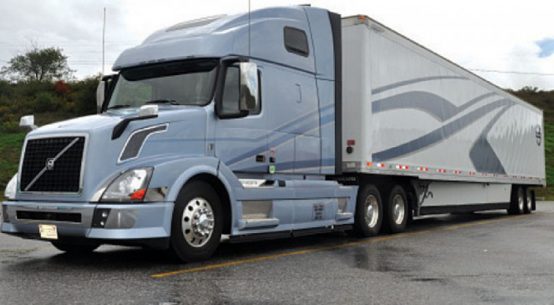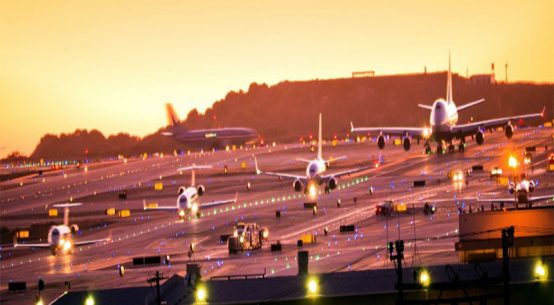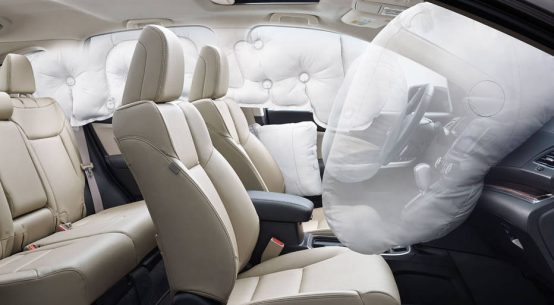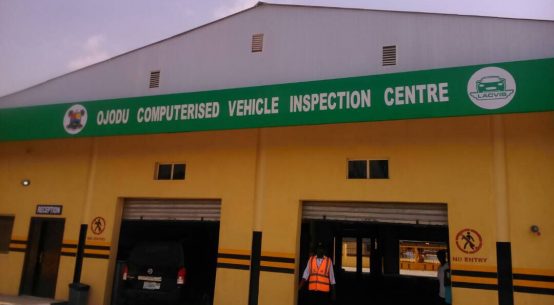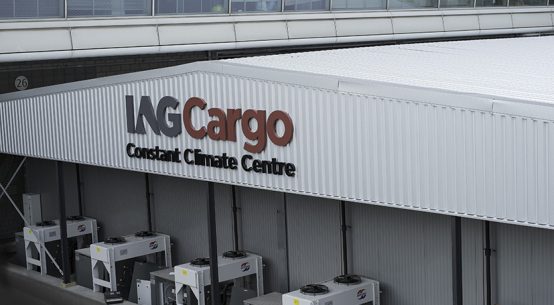
Nigeria (Businessday) – Domestic airlines have raised their fares from Lagos to northern routes in Nigeria, such as Kano, Kaduna, Maiduguri and Abuja, as a result of the Eid-el-Kabir celebration, which has also pushed up the prices of rams. Patronage at the ram markets is however low, as buyers stay away.
Investigations in aviation circles reveal that there is increasing load factor on major routes, on account of the long public holidays and celebration associated with the Muslim festivities.
When BusinessDay visited the Murtala Muhammed Airport, Ikeja in Lagos Wednesday, it was discovered that airfares for a one-way trip on the Lagos-Abuja, Kaduna, Kano and Maiduguri routes, which was N30,000 two weeks ago is now N48,000.
A travel agent, who craved anonymity, disclosed that Nigerians were really travelling this season, despite the economic downturn. “As I speak to you, the load factor of these locations is almost full for tomorrow and the day after. Nigerians are resilient and love to travel just to celebrate with their loved ones.
“Airlines leverage festive periods like the Eid-el-Kabir to make up for lost revenues during non-festive periods. As such, Medview Airlines, which is the major operator on the northern routes, is doing brisk business.
“The Abuja route is likewise experiencing high demand and airlines are leveraging that to also charge high fares. Airfares for the eastern part of Nigeria have remained relatively stable,” the travel agent added.
The Federal Airports Authority of Nigeria (FAAN) has assured airport users that Nigerian airports under its management are ready to deliver quality service to air travellers during these celebrations.
As part of its preparations to ensure seamless facilitation of passengers during the celebration and beyond, the VIP Protocol lounge at the General Aviation Terminal, Lagos, has recently been refurbished to give maximum comfort and value to customers.
Henrietta Yakubu, general manager, corporate affairs, said the maintenance of the conveyor belts at the Muratala Muhammed International Airport, Lagos has been completed and functioning optimally.
“In addition, airport security and other logistics have been upgraded and strengthened to provide for the expected increase in passenger traffic in and around our airports; new directional display units have been provided to guide travellers at our airports. Airport do’s and don’ts banners have also been displayed at strategic locations to educate newcomers,” Yakubu assured.
She advised intending travellers to make early travel preparationstravel preparationsing dignitaries at restricted areas by security agents and airport officials was prohibited and anyone found wanting would be prosecuted.
A BusinessDay survey of ram markets in different locations, shows that despite the easing of inflation rate in July, the ram markets have been hit by high cost and low patronage, as prices of various sizes of the livestock have increased.
At Adekunle-Owode Onirin and Oko-Oba Abattoir ram markets, it was discovered that a big size ram which was sold for between N120,000 and N140,000 last year, now attracts between N135,000 and N150,000, indicating a 7 percent rise in price.
“Our sales have been very low because people are not buying. Last year, by this time, we had sold over 100 rams but now we are yet to sell ten. There is no money and that is why people are not buying,” said Tajudeen Esaogbogun, a ram trader at Adekunle-Owode Onirin ram market in Mile-12, Lagos.
“The prices of rams have also increased, compared to last year. A medium size ram is being sold for between N70,000 and N80,000, while the small size one is sold for between N35,000 and N40,000. 2015 prices were cheaper compared to this year,” Esaogbogun noted.
The Food Inflation Index in Nigeria accelerated to 20.28 percent in July, the highest level in eight years, according to data from the National Bureau of Statistics (NBS).
“The patronage has been very poor and this is due to the economic downturn in the country and increase in prices of rams in the market,” Sharafa Kareem, a ram trader at Oko-Oba Abattoir told BusinessDay.
Kareem expressed optimism that the poor patronage might improve as workers were just being paid their salaries. Experts have attributed the high cost of inputs and feeds to rising livestock and food prices in the country which is making it increasingly hard for Nigerian households to buy.
Similarly, traders in Ilorin, Kwara State, have expressed dissatisfaction over low patronage by customers, attributing it to the non-payment of workers’ salaries.
“The low patronage is as a result of economic recession and unpaid salaries. It is two days to Sallah and there is no improvement in sales and it not as if there is high increase in the price of the animals; the price is N30,000 and above,” said Abiodun Alapata, chairman, Ram Sellers Association, Maraba chapter in Kwara State.
Another official of the association, Akeem Ibrahim, said, “I have been at Kara since 7am, yet nothing to show. Irregular payment of salaries is the major cause of the ugly situation.” He however pleaded with the government to pay workers salaries, as that would boost their businesses.



